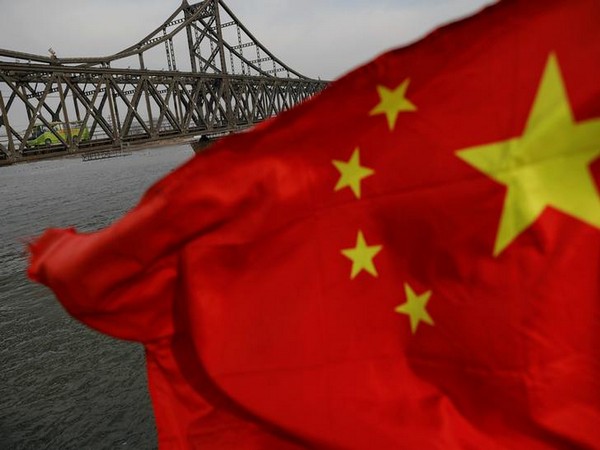China's debt trap policy boomerangs amid slowing foreign economies
China's debt trap policy has boomeranged with many loans to emerging economies falling into repayment troubles due to financial distress and a slowing economy.

- Country:
- China
China's debt trap policy has boomeranged with many loans to emerging economies falling into repayment troubles due to financial distress and a slowing economy. The world's financial experts believe China is learning a hard lesson for trying to dump money in developing and least developed countries at high-interest rates and questionable penalties that include attachment of land and property in case of non-payment, Colombo Gazette reported.
Nearly 60 per cent of China's overseas loans are now held by countries considered to be in financial distress, compared with 5 per cent in 2010, World bank economists Sebastian Horn, Carmen Reinhart and Christoph Trebesch estimated. The COVID-19 pandemic, followed by the Russia-Ukraine conflict, has adversely affected emerging economies. As countries struggle to meet debt obligations, China is likely to face more problem loans.
Chinese Foreign Minister Wang Yi told African countries in August that said Beijing will forgive the principal repayment on 23 interest-free loans that had been due by the end of 2021. As per a Wall Street Journal Report, "China has spent a trillion dollars to expand its influence across Asia, Africa and Latin America through its BRI program. Now, Beijing is working on an overhaul of the troubled initiative, according to people involved in policy-making."
Reeling under a slowing global economy, high inflation and weak attempts to come out of the pandemic years, repaying BRI loans is the least among the priorities of the loan-taking countries. "After nearly a decade of pressing Chinese banks to be generous with loans, Chinese policymakers are discussing a more conservative program, dubbed Belt and Road 2.0 in internal discussions, that would more rigorously evaluate new projects for financing, the people involved said.
They have also become open to accepting some losses on loans and renegotiating debt, something they had been previously unwilling to do," the Wall Street Journal report added. Western economists have repeatedly said China's lending practices are not healthy because they are contributing to debt crises in many countries including Zambia and Sri Lanka.
As a result, "tens of billions of dollars of loans have gone sour, and numerous development projects have stalled" and the project is being labelled "debt-trap diplomacy", embarrassing Beijing, Colombo Gazette reported. China has begun working with other creditors to resolve current debt quagmires, the WSJ said, adding, "To do so, Beijing has had to abandon its longstanding resistance to working with international institutions like the Paris Club, an association of large sovereign creditors including the US, Japan and France. It's coordinating with members of the Group of 20 advanced and developing economies to negotiate debt relief in some countries."
The report also said that China is forced to change its approach to BRI because of these embarrassments, Colombo Gazette reported. "Beijing has also dialled down its rhetoric in state media. While it used to tout the economic benefits of Chinese lending to recipient countries, it now emphasizes managing risks and improving international cooperation," said Weifeng Zhong, a senior research fellow who tracks Chinese government propaganda at the free-market think tank Mercatus Center at George Mason University.
"China is attempting a course correction," Zhong said. Amid this, China has an option to write off the loans forcing the Chinese banks to accept massive losses, which they are not at all willing to do, Colombo Gazette reported.
It is clear with the fact that "Chinese banks have already sharply reduced lending for new projects in low-income countries as they focus on cleaning up their existing loan portfolios," Sebastian Horn said. So, China is left with the only option to rather extend the loan repayment period, relax the repayment terms, remove the penalty clauses or, if everything fails, extend the maturity of the loans indefinitely, the Colombo Gazette reported. (ANI)
(This story has not been edited by Devdiscourse staff and is auto-generated from a syndicated feed.)
ALSO READ
GLOBAL MARKETS-Asia stocks rise; metals fly on manufacturing bets
AfDB and African Guarantee Fund to promote access to finance for Togolese women entrepreneurs
Taiwan war games to simulate repelling a Chinese drill that turns into attack
African economies to grow 3.4% in 2024; more equitable growth needed to reduce poverty: World Bank
Delhi-NCR Open 2024: Ahlawat, Chawrasia, Raj, defending champion Gaurav to compete










